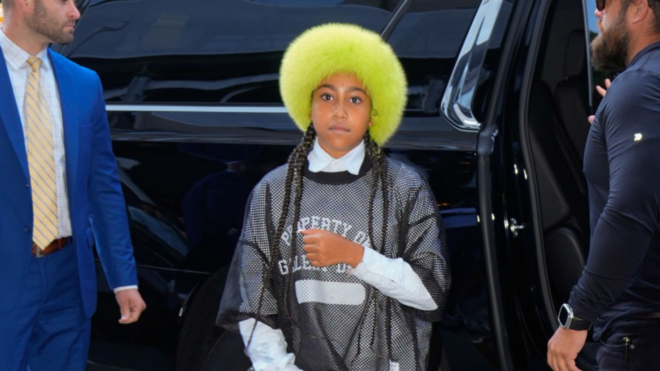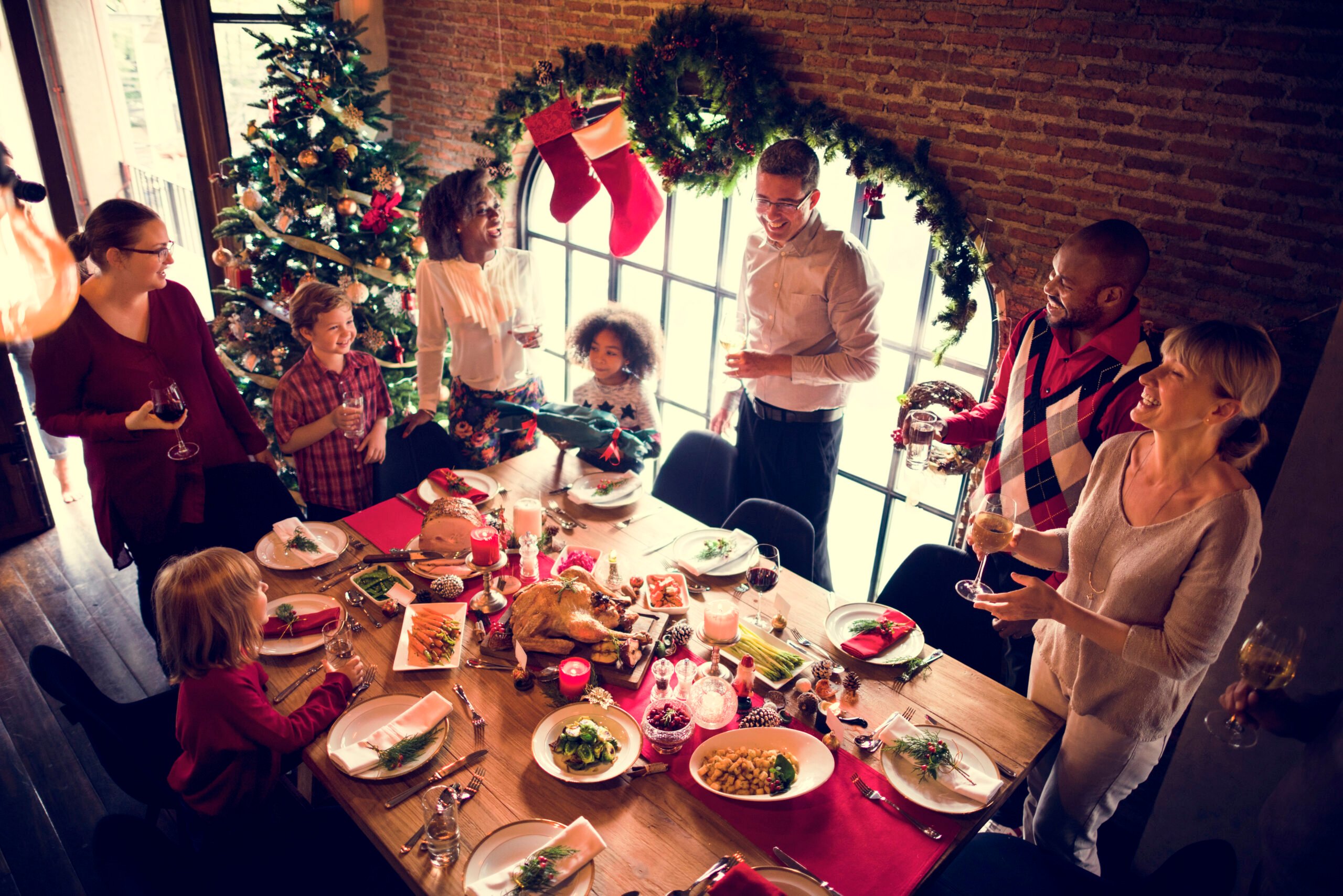
Celebrate Diversity

As we spread the holiday cheer this year, it's a good time to remember that not everyone celebrates Christmas. Here are some ways you can include the traditions and beliefs of others in your festivities.
Do Your Own Research
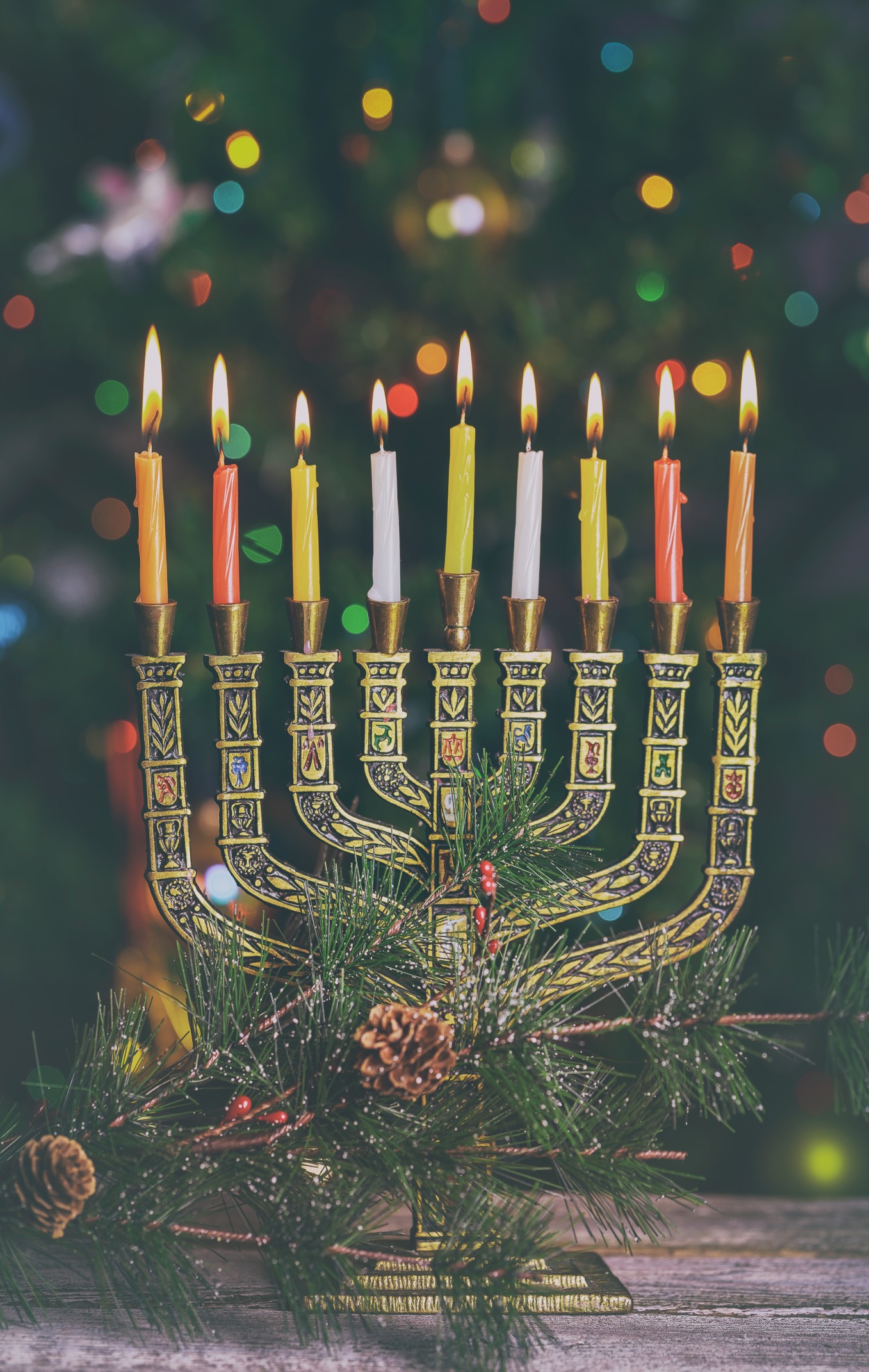
A big part of being inclusive is to do the research and build understanding of the multicultural society around us. Take the time to learn about other cultures, whether it's finding a book on Hanukkah while you're shopping for gifts or Google searching the history of the Bodhi tree as the family decorates a Christmas tree.
Mark Your Calendars

To increase awareness and be mindful of other celebrations, take a few minutes to find the dates of important cultural events throughout the year. Record Kwanzaa, Ramadan or the Lunar New Year, for instance, in your calendars as reminders.
Plan a Party Related to the Season

If you're planning a party with guests from different cultures, like for an office, one way to be more inclusive is to theme to something neutral, such as the season, rather than a specific holiday. Instead of having a Christmas tree and the Nativity scene, for instance, make it a Winter Wonderland by decorating with snowflakes and silver-sprayed branches.
Or Include a Variety of Symbols

An alternative to a neutrally themed party is to include special symbols from everyone attending. Ask coworkers or friends what they would like to have included in the decoration and activities for the event.
Encourage Sharing

Find opportunities to get the family involved in an open and respectful exchange of cultures. Perhaps invite friends over to share their traditions or take part in their celebrations if they invite you.
Learn About New Dishes
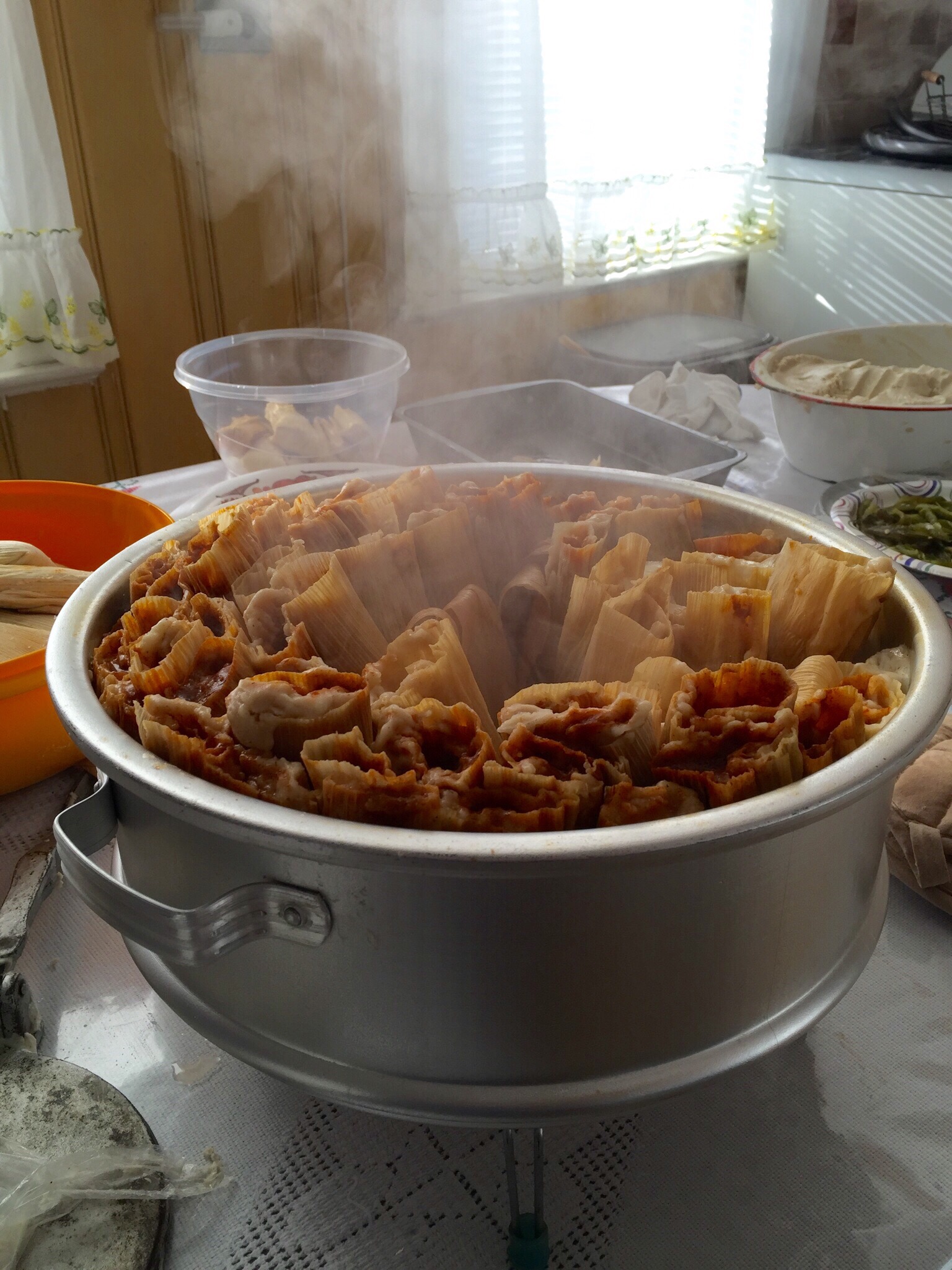
One meaningful way to share cultures is to learn about the various foods people partake in during the holidays. In Japan, it's customary to slurp a bowl of toshikoshi soba to break off the old year from the new. For Ethiopians, the traditional dish on Christmas Day is doro wat, prepared with a chicken or rooster cut into 12 pieces of meat, after 40 days of a vegan fast. This holiday season, take the time to learn a new dish or organize a multicultural potluck where people can bring a celebratory dish in their culture, such as tamales, mince pies or latkes.
Accommodate Diverse Dietary Preferences
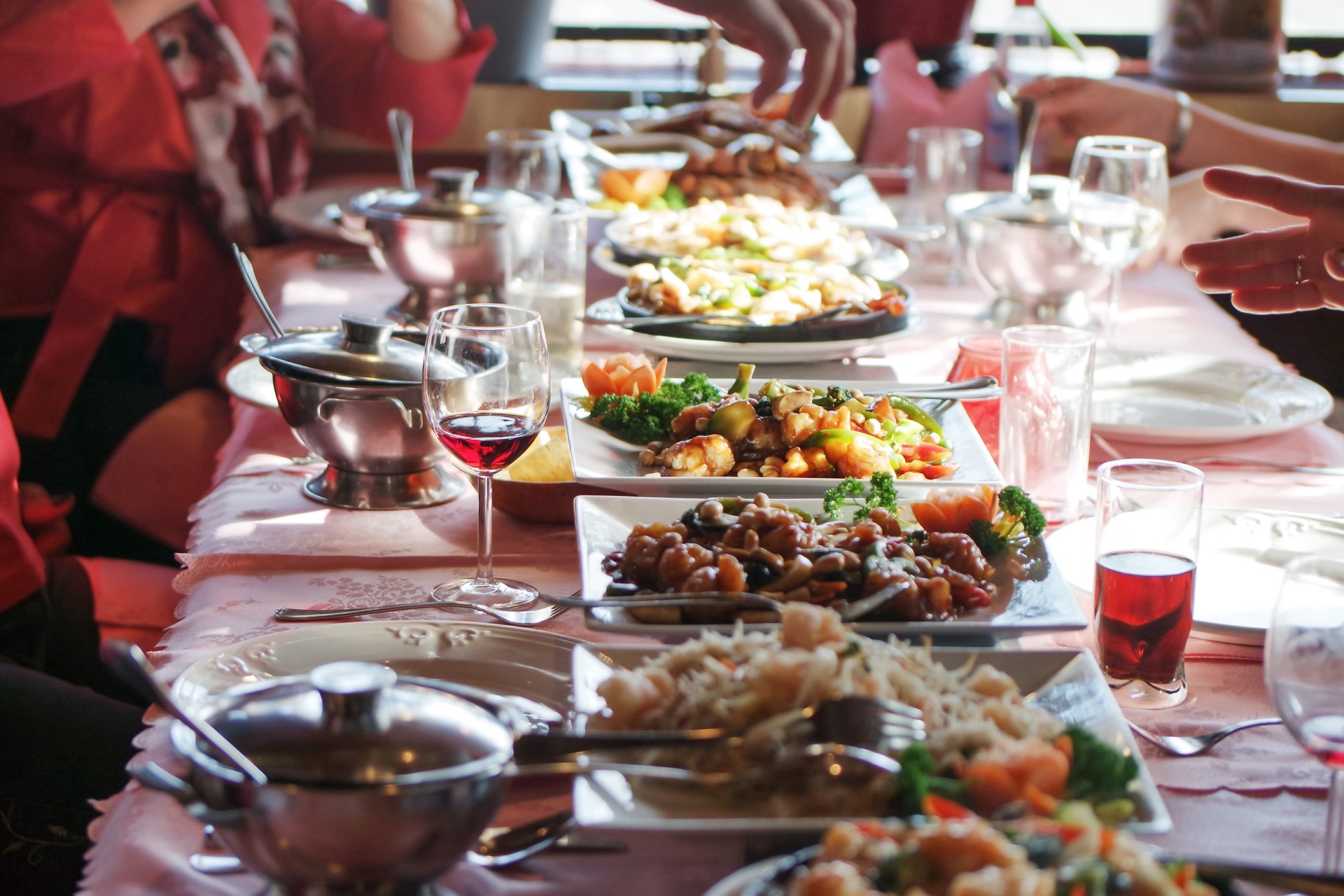
Include food options that can be enjoyed by all of your guests so no one is alienated (and hungry). Ask ahead of time if your guests have any dietary preferences or restrictions. Keep in mind that your Hindu friend may not eat beef, Jewish and Muslim people don't eat pork, and some Buddhists are vegetarian.
But Don't Pressure Others to Attend

Remember that some people don't attend parties at all or aren't comfortable participating in Christmas festivities. If they are hesitant or reject your invitation, don't pressure them to partake in anything they don't want to.
Don't Judge Those Who Don't Celebrate Christmas
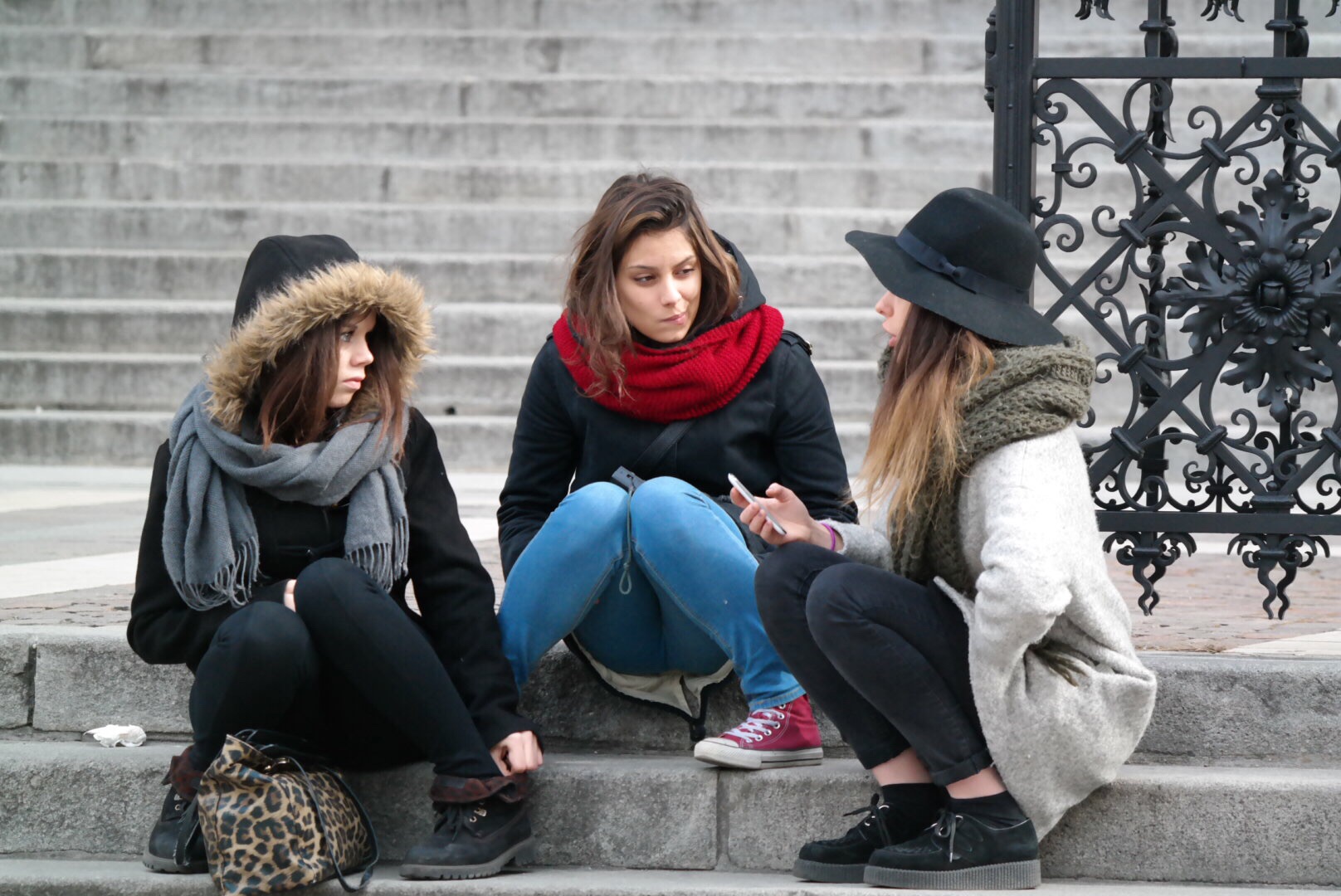
Many are afraid to voice their feelings about Christmas to avoid being judged or criticized in a Christmas-centric society. Instead of repeating, "Really? You don't celebrate Christmas?" over and over, respect those who don't observe the holiday for whatever spiritual, religious or personal reasons they may have.
Avoid Stereotypes
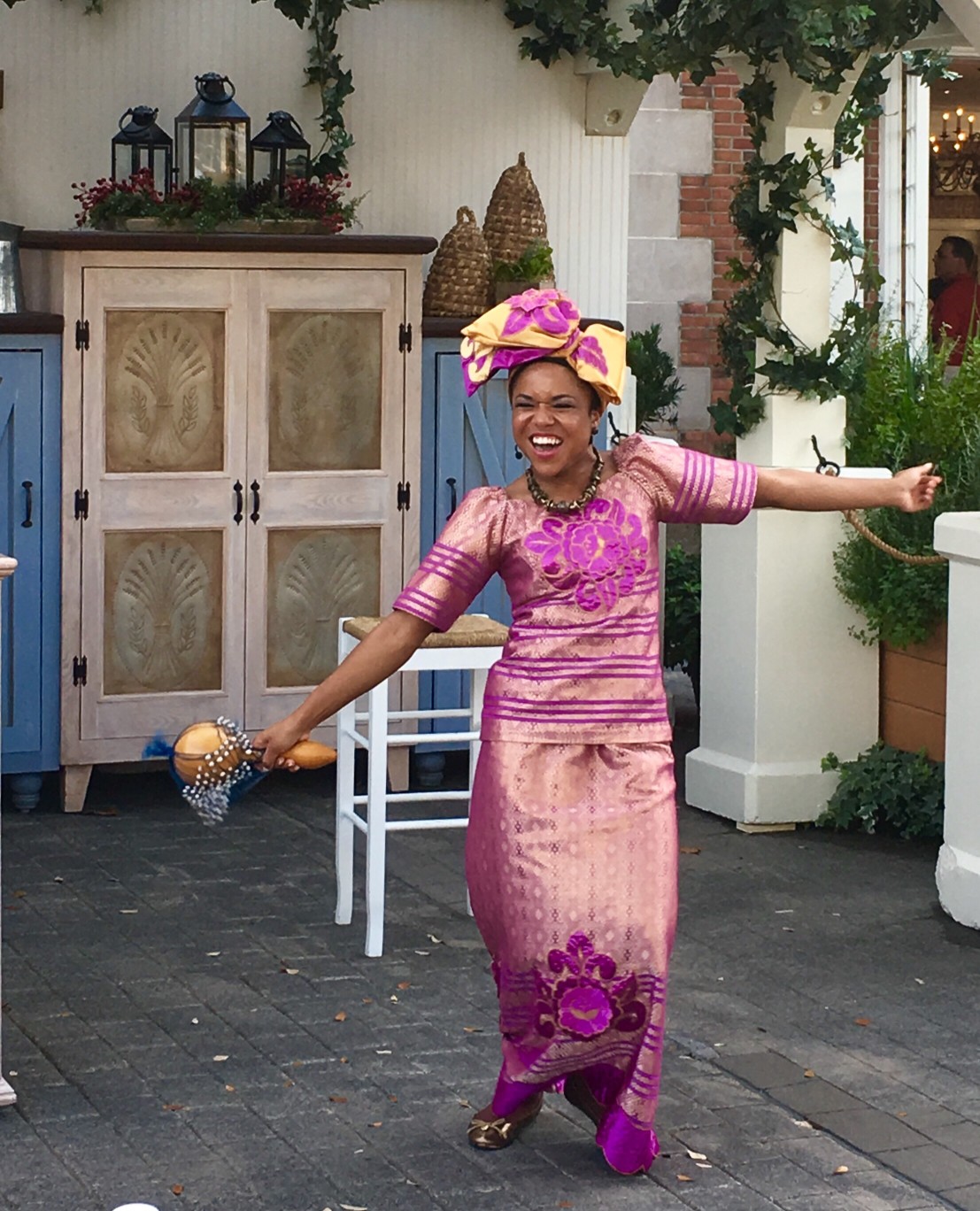
Being inclusive also means dismantling myths about cultures and faiths that are not familiar to you. Avoid stereotypes and broad-brush assessments, such as "all black people celebrate Kwanzaa" or "Hanukkah is the Jewish version of Christmas." (Actually, it's a good idea to not stereotype people, period.)
Celebrate Giving
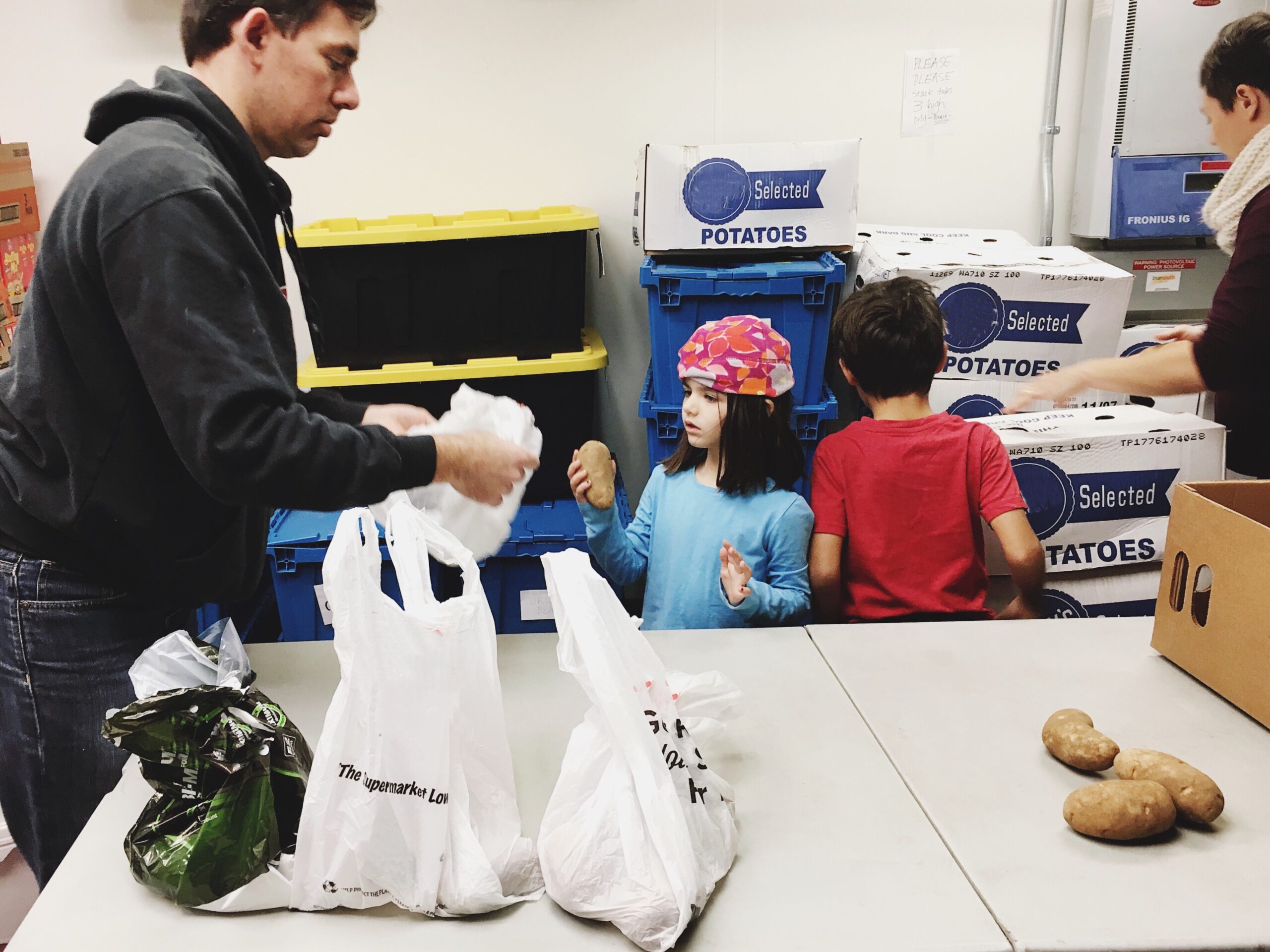
Values common to many faiths and cultures include unity, love and kindness. Consider including fundamental values this December by celebrating the spirit of giving with your family, for instance. Maybe volunteer at the food bank or bake cookies for your neighbors.
Learn the Greetings of Other Celebrations and Events
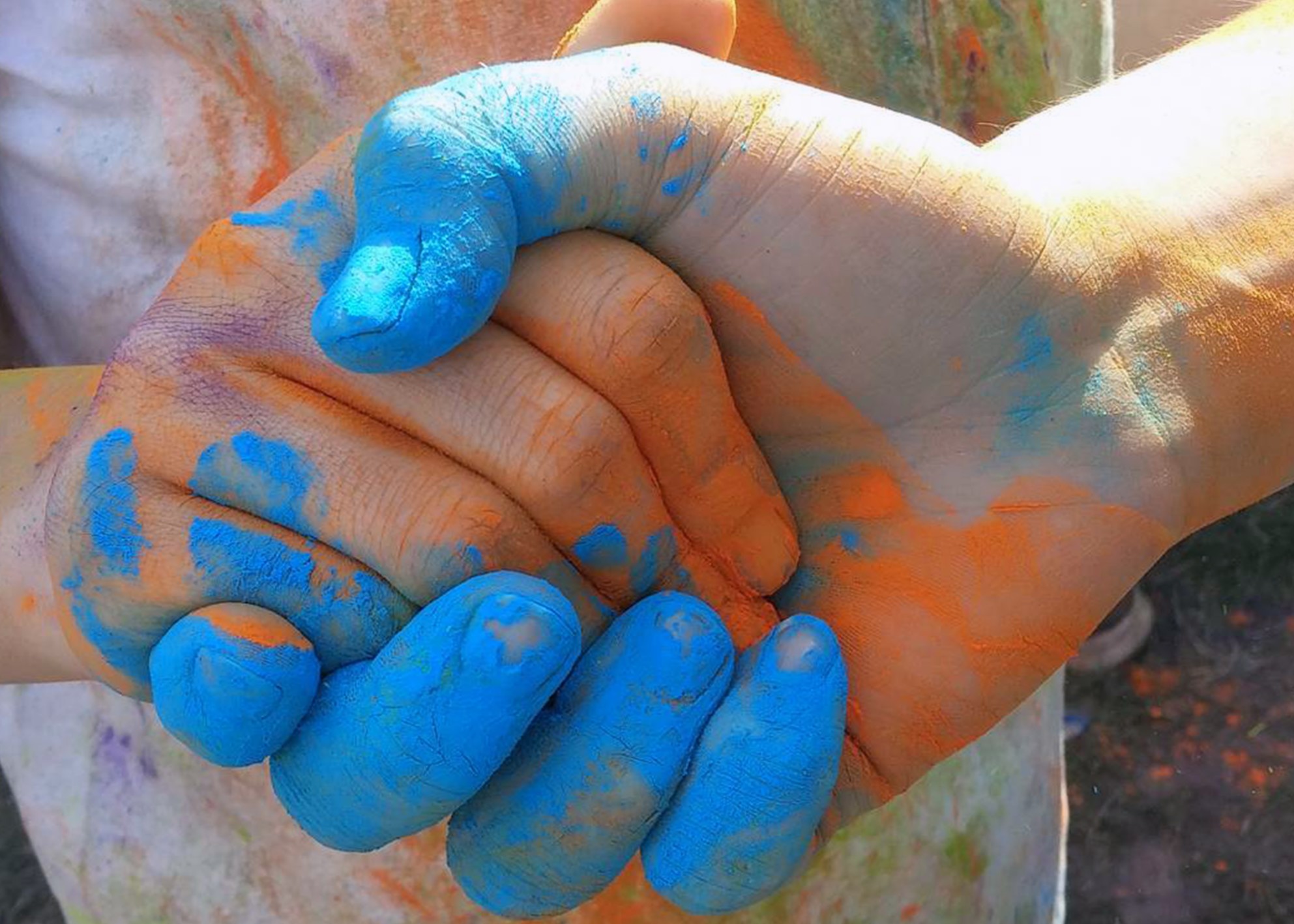
Just as you may appreciate being greeted with a warm "Merry Christmas," it's also nice to take some time to wish your friends well with special greetings they may use during important religious or cultural observances. This may be wishing those who celebrate Rosh Hashanah "L'Shana tova," which means "For a good year" in Hebrew or saying "Holee mubaarak," the Hindi pronunciation for "Happy Holi," to Hindi speakers who celebrate Holi.
Re-Examine Gift Exchanges

Getting a Christmas tree ornament from your Secret Santa could be really awkward if you don't celebrate Christmas. Organizers of gift exchanges should think of ways to make gift exchanges as inclusive as possible. For instance, people can write up a short wish list or list of hobbies, or the organizer can include suggestions of gift items to avoid.
Add Inclusive Crafts for Kids

Along with creating a paper plate Santa and pasta Christmas trees, kids can also have some fun trying craft projects for different holidays. Make a Star of David frame with popsicle sticks and decorate with markers and glitter, make your own kinara with cardboard tubes, or create a rangoli design for Diwali out of colorful sand or rice. Be sure to educate the kids about the symbols' significance.
Strike a Chord With Music

Another aspect you could celebrate inclusivity through is music. Whether it's the soundtrack you have playing during the holiday season or a singalong with friends and family, add other celebratory songs, such as "Dreidel, Dreidel, Dreidel," "Happy Diwali" from the film "Home Delivery" and even popular songs like "Let It Snow, Let It Snow, Let It Snow" that don't mention Christmas. Speaking of Christmas music, did you know many major hits were actually written by Jewish songwriters?
Develop Inclusive Policies
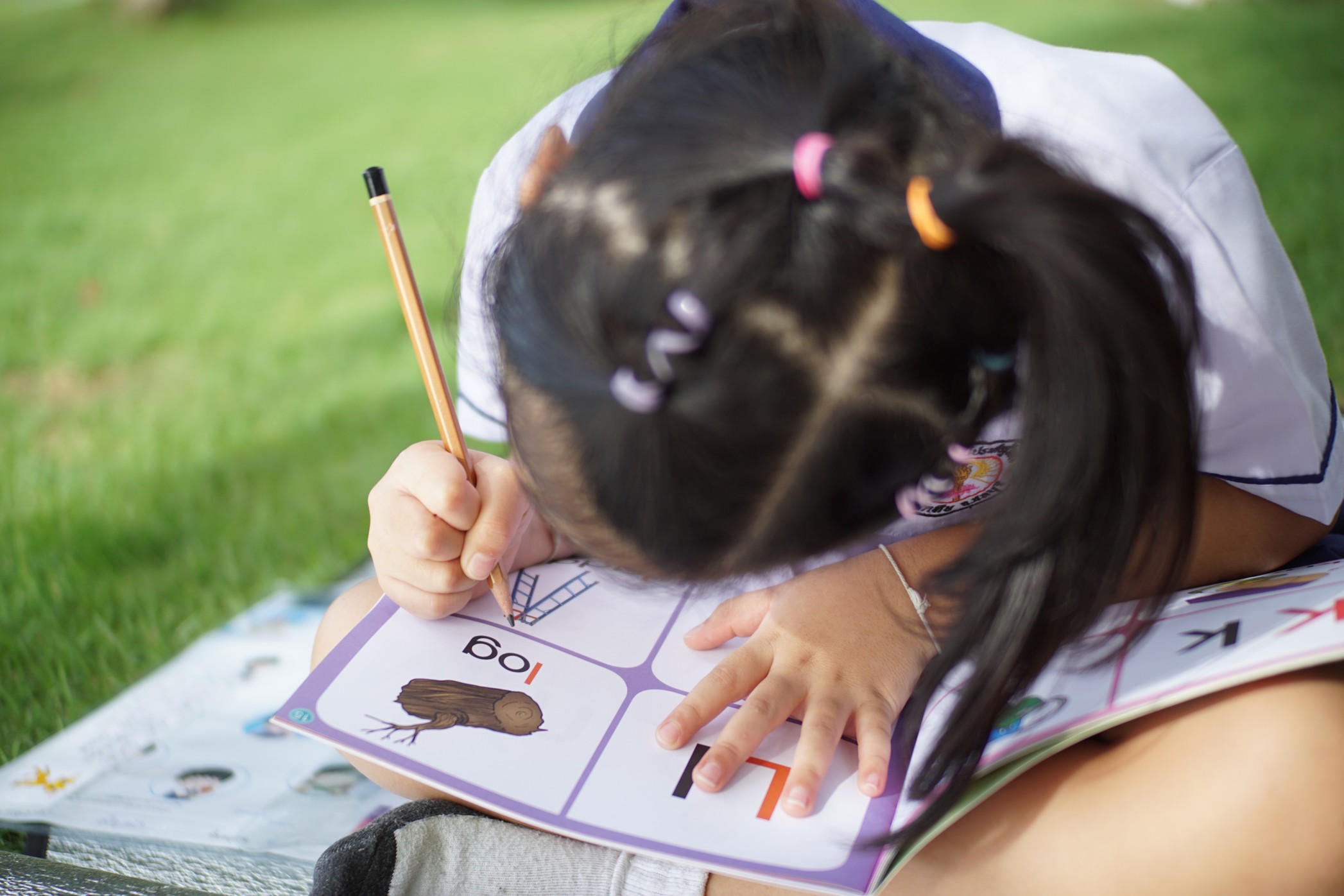
In the U.S., Christian holidays are institutionalized in the public calendar, but it's not the case for other religious and cultural observances that people may wish to take time off for. If you have employees or students, consider developing inclusive policies that allow people to participate in their faith or culture, whether that's by offering flexible time at work or giving students options to make up classes.
Find Connections
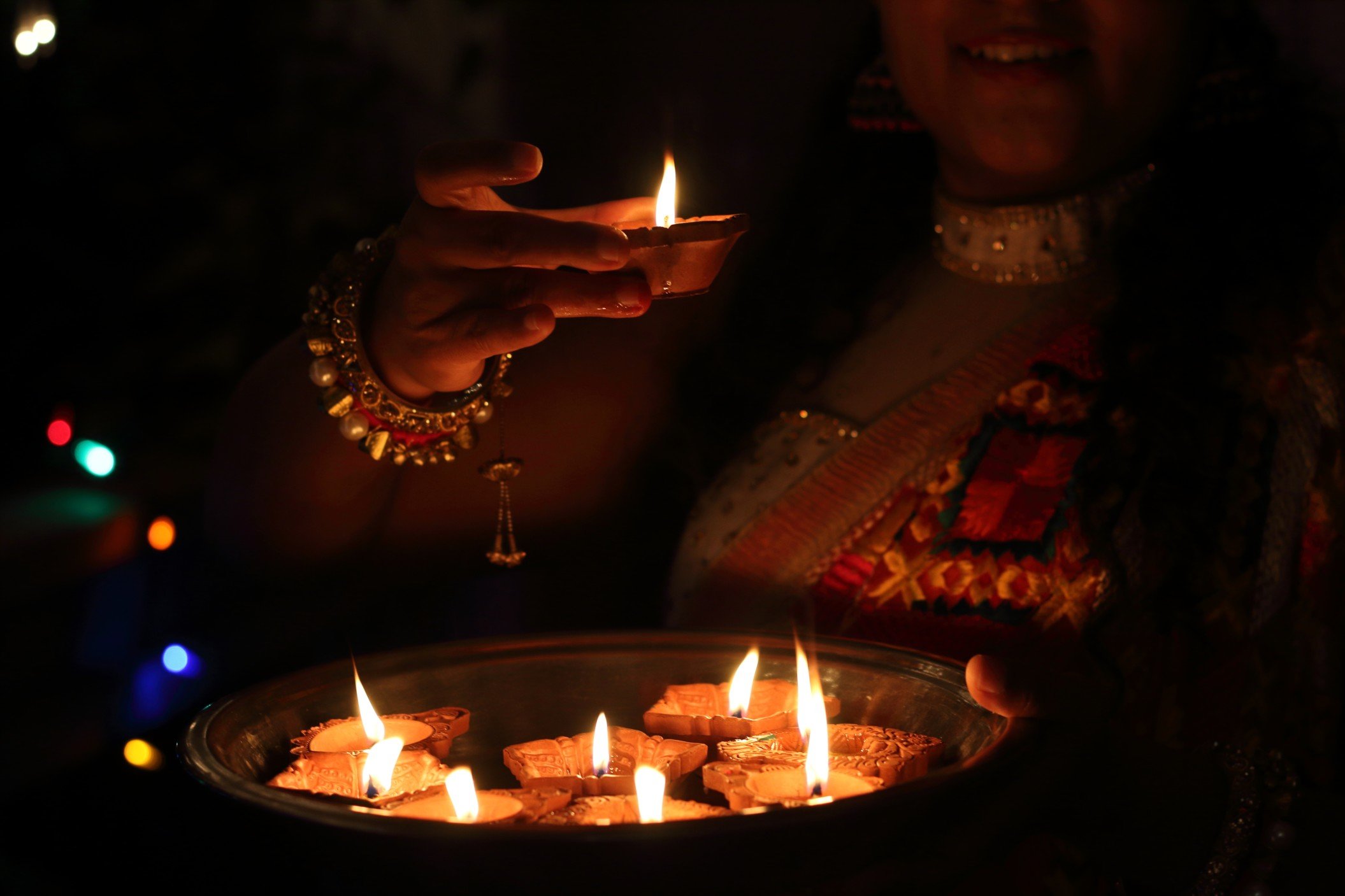
When discussing the topic of inclusion with kids, look for themes that connect several holidays. For instance, how are lights used in Christmas, Hanukkah, Kwanzaa and Diwali, and what do they mean? How are Dia de los Muertos, Tomb Sweeping Day and All Saints Day similar? We have so much in common with one another. We just have to look for it.




